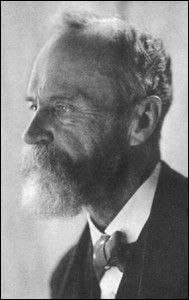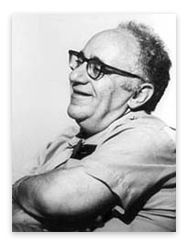James and Rothbard


As of this writing, I haven't finished James' Pragmatism, but I found this statement in Lecture Two that, I believe, summarizes James' opinion regarding how religion fits into the philosophy of pragmatism. The italics are his:
If theological ideas prove to have a value for concrete life, they will be true, for pragmatism, in the sense of being good for so much. For how much more they are true, will depend entirely on their relations to the other truths that also have to be acknowledged.
Such a position is startlingly agnostic, but also strangely respectful. It strongly reminds me of Murray Rothbard's statement regarding areas of study outside economics: his praxeological method never denies religion and philosophy their proper role for a full understanding of human existence, but for purposes of economics, they play virtually no role since they don't provide a priori truths about human existence. Actually, natural law philosophy plays a huge role in praexology, since it posits truths that no one can deny (e.g., “Man desires to live”), but other than that, theology and philosophy plays no role (based on my understanding of Rothbard).
Anyway, James' pragmatism is Rothbardian . . . or perhaps Rothbard is Jamesian (the chronologically-correct account). Regardless, at this time, I see no disrespect for religion in either system of thought.
